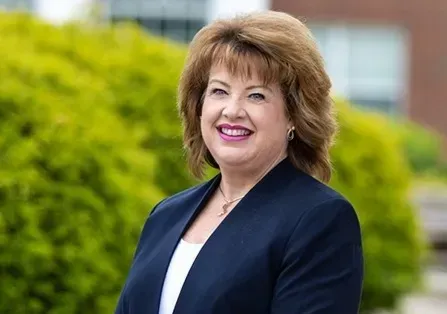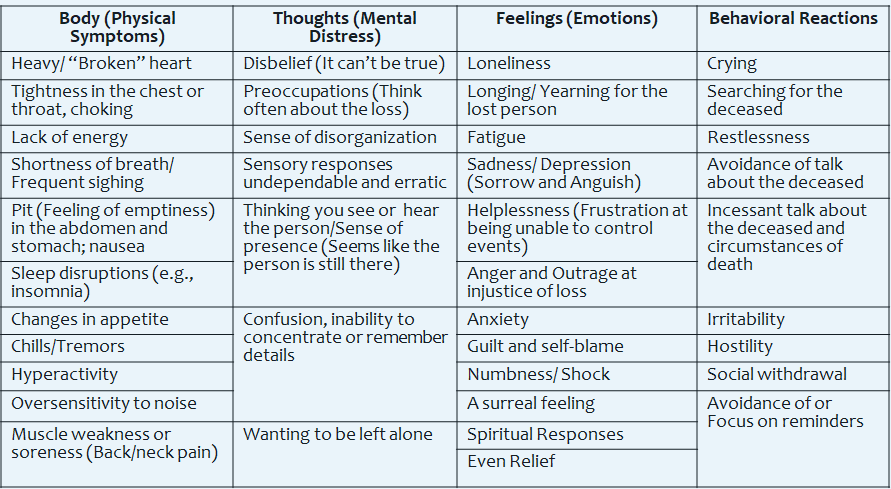Susan Rardon
Rose, Ph.D.
The True Cost of Reassigning Counselors During Testing
The Hidden Cost

As discussed in last week's blog, school counselors often find themselves being expected to serve as the Building Assessment Coordinator (BAC). While supporting a school’s success during high-stakes testing is important, reassigning a school counselor to testing logistics represents a critical misalignment of duties. It’s more than just a poor use of resources—it comes at a real cost to students and the entire school community.
Assigning school counselors to coordinate assessments may solve a logistical need, but it creates a deeper gap in the emotional and academic safety net students rely on—especially during high-stakes testing. While the logistics of test coordination may be handled, the emotional well-being of students is not.
Several of these invisible consequences include:
1. Students Lose Access to Mental Health Support
Testing is one of the most anxiety-inducing periods for students, especially for those with underlying mental health concerns. According to the National Center for Education Statistics (2022), nearly 70% of public schools reported an increase in students seeking mental health services. Yet when counselors are tasked with testing duties, these services are often delayed, canceled, or deprioritized.
School counselors are trained in crisis response, suicide prevention, trauma-informed care, and emotional regulation—all of which are essential during testing windows. When counselors are unavailable, students may internalize their stress, disengage academically, or act out behaviorally, increasing the burden on teachers and administrators.
2. Counseling Services Are Interrupted
Just because testing is taking place doesn’t mean other challenges pause. Students still experience grief, bullying, academic frustration, friendship struggles, and family issues. School counselors provide essential, real-time support—and when they’re pulled into managing assessments, that continuity is broken.
ASCA recommends that school counselors spend at least 80% of their time in direct or indirect services to students—supporting academic, career, and personal/social development. Test coordination, by contrast, consumes large blocks of time with zero student interaction. During testing season, this often means:
- No availability for grief counseling or emotional crises
- No support for college and career planning (especially important in spring)
- No preventive classroom guidance on anxiety, stress, or decision-making
Over time, this interruption erodes the consistency and trust that students depend on.
3. Conflict with Ethical Guidelines
According to the American School Counselor Association (ASCA), school counselors should avoid non-counseling duties that do not align with their training. Test coordination—prepping materials, enforcing security protocols, supervising test staff—is far outside our ethical framework. It can also place counselors in conflicting roles, such as enforcing discipline related to testing violations, which may damage student trust.
4. Academic Inequity May Go Unnoticed
Counselors play a key role in ensuring students receive appropriate testing accommodations. When they’re removed from this advocacy role, details can slip through the cracks. Students with 504 Plans, IEPs, or English Language Learner (ELL) needs may be improperly placed or miss critical supports, further widening equity gaps.
Research published in The Professional Counselor (2020) notes that counselors are often the first to notice when accommodations are being overlooked, especially when they work closely with marginalized or underserved populations. Test coordination duties isolate counselors from this frontline visibility, leaving vulnerable students without the support they need to succeed.
5. The School Climate Suffers
When students feel emotionally supported and connected, school climates improve. According to the Collaborative for Academic, Social, and Emotional Learning (CASEL), schools that embed social-emotional support into the culture see higher attendance, improved academic outcomes, and reduced behavioral referrals.
Counselors are key drivers of that climate—facilitating peer mediation, conflict resolution, and staff consultations. Replacing that with administrative testing responsibilities sends the message that compliance is more important than connection, and undermines efforts to build a whole-child-centered school culture.
5. Staff and Teacher Stress Increases
School counselors are not only student supporters—they are also vital collaborators with teachers. During testing season, teachers often lean on counselors to identify struggling students, navigate behavioral changes, and help de-escalate stress in the classroom. Removing counselors from this support system places more emotional labor on teachers, many of whom are already under significant pressure.
In schools with high testing accountability, this can lead to burnout, morale issues, and increased staff turnover—none of which support a strong educational environment.
Counselors Support People, Not Processes
School counselors are trained in mental health, relationship-building, crisis intervention, and social-emotional learning. We offer a safe place for students who are overwhelmed, anxious, or struggling with the pressure of high-stakes tests. We provide coping strategies, build confidence, and help students manage fears about failure or performance.
Contrast that with the duties of a Building Assessment Coordinator:
- Scheduling testing sessions
- Managing test security
- Distributing and collecting materials
- Training staff on protocols
- Reporting irregularities
These are critical tasks—but they are rooted in logistics, not emotional care. When school counselors are pulled into this role, their emotional availability is sacrificed for paperwork, compliance, and scheduling charts. The result? Students lose access to one of their most vital supports, exactly when they need it most, and thus suffer the costs.
Final Thoughts
When school counselors are reassigned to coordinate testing, it may feel like a practical solution. But the unseen cost is steep—students go unsupported, staff feels the strain, and the school climate loses its emotional heartbeat.
Counselors are not spare parts in a testing machine. We are essential professionals who help students thrive—not just survive—during one of the most stressful times of the school year. Protect the role, protect the student.
I am a school counselor turned counselor educator, professor, and author helping educators and parents to build social, emotional, and academic growth in ALL kids! The school counseling blog delivers both advocacy as well as strategies to help you deliver your best school counseling program.

I'm a mother, grandmother, professor, author, and wife (I'll always be his). Until October 20, 2020, I lived with my husband, Robert (Bob) Rose, in Louisville, Ky. On that awful day of October 20,2020, my life profoundly changed, when this amazing man went on to Heaven. After Bob moved to Heaven, I embraced my love of writing as an outlet for grief. Hence, the Grief Blog is my attempt to share what I learned as a Counselor in education with what I am learning through this experience of walking this earth without him. My mission is to help those in grief move forward to see joy beyond this most painful time.
Useful Links










